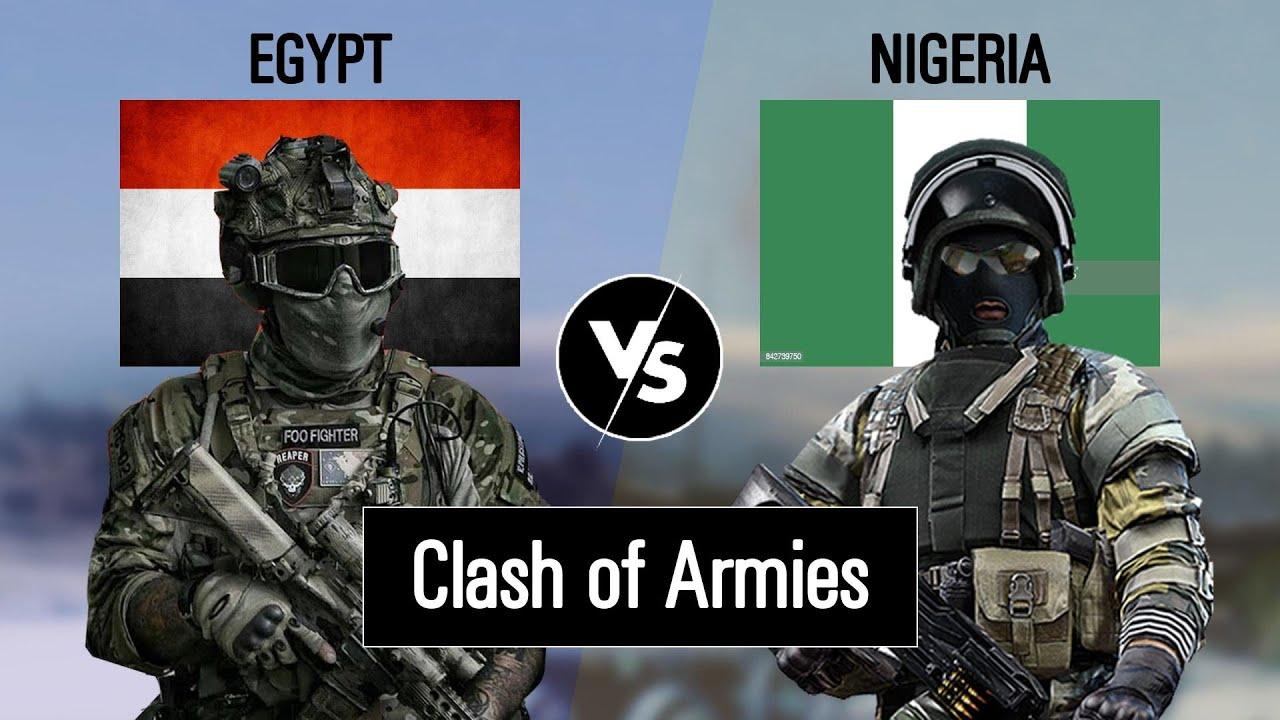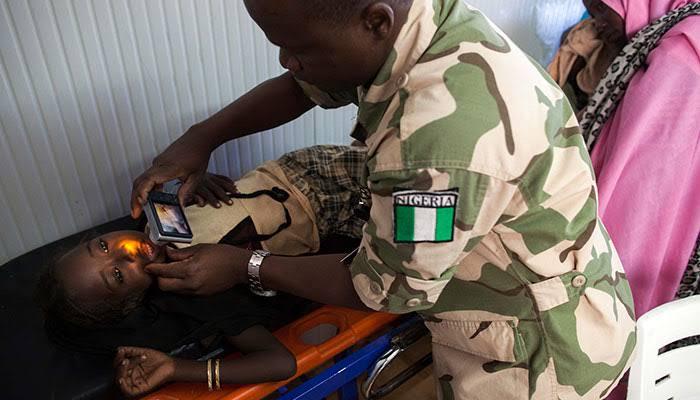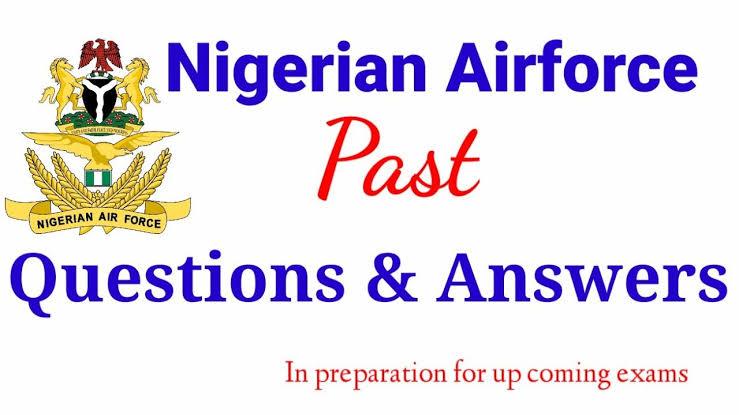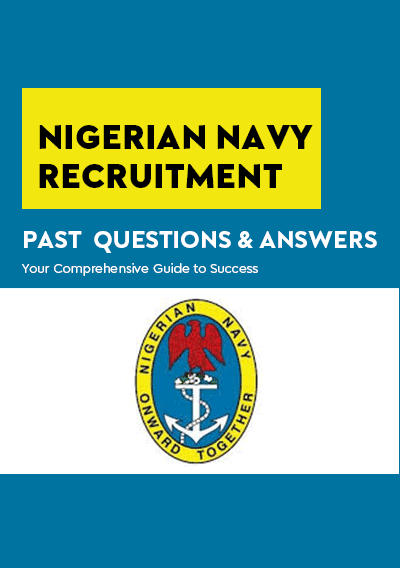Explore Our Bill Payment Services:
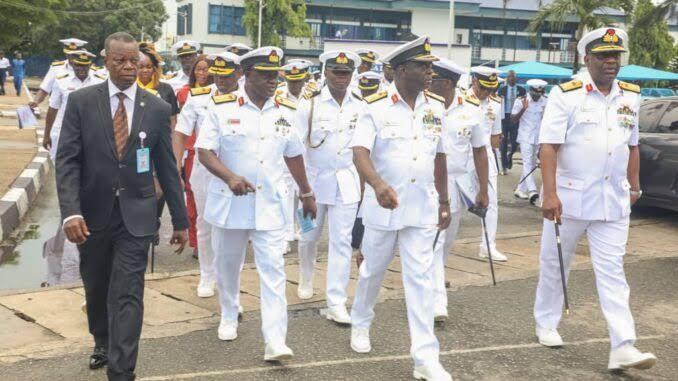
- Military And Defence
- Armed Forces Guide
- Nigeria
Functions Of The Nigerian Navy: Their Official Roles & Responsibilities
The Nigerian Navy (NN) is the maritime arm of the Nigerian Armed Forces, tasked with securing the country's waterways, coastlines, and maritime interests. As a vital security agency, the Navy performs key roles in national defense, internal security, and international peacekeeping.
This guide outlines the official functions of the Nigerian Navy, as defined by law and military doctrine.
Overview of the Nigerian Navy
Established in 1956, the Nigerian Navy is responsible for operations along Nigeria’s 853 km of coastline, covering the Gulf of Guinea, Niger Delta, and Nigeria’s Exclusive Economic Zone (EEZ) — an area rich in oil, gas, and marine resources.
The Navy works closely with:
-
The Nigerian Army
-
The Nigerian Air Force
-
The Nigeria Customs
-
The Nigerian Maritime Administration and Safety Agency (NIMASA)
-
International forces during peacekeeping missions
Official Functions of the Nigerian Navy
Below are the core roles and responsibilities assigned to the Nigerian Navy:
1. Maritime Defense of Nigeria
The Navy protects Nigeria from any external maritime threats, including invasion, piracy, and attacks on naval or commercial assets.
This includes defending oil platforms, ports, and the nation’s territorial waters.
2. Enforcement of Maritime Laws
The Nigerian Navy enforces laws related to:
-
Illegal fishing
-
Oil bunkering
-
Smuggling and trafficking
-
Arms and drug transportation
-
Piracy and robbery at sea
It works closely with NIMASA, Marine Police, and Customs Service to arrest offenders and patrol high-risk areas.
3. Surveillance and Control of Nigeria’s EEZ
Nigeria’s Exclusive Economic Zone (EEZ) extends 200 nautical miles into the Atlantic. The Navy monitors and controls all activities within this area to protect the nation’s marine resources.
This ensures safe and legal exploitation of oil, gas, and fishery resources.
4. Search and Rescue Operations
The Navy conducts search and rescue (SAR) missions during accidents at sea, involving both civilian and military vessels.
This includes:
-
Saving shipwreck victims
-
Responding to oil rig emergencies
-
Aiding distressed boats and fishermen
5. Protection of Offshore Oil Installations
With Nigeria being Africa’s top oil producer, the Navy safeguards critical offshore infrastructure like:
-
Oil rigs
-
Pipelines
-
FPSOs (Floating Production Storage and Offloading units)
This function is crucial to protect Nigeria’s economy and energy sector.
6. Naval Intelligence and Reconnaissance
The Navy gathers and analyzes maritime intelligence to identify threats, track enemy movements, and plan defense strategies.
This involves both human intelligence (HUMINT) and advanced surveillance technology.
7. Training and Education
The Navy operates training schools for:
-
Officers (via Nigerian Defence Academy – NDA)
-
Non-commissioned sailors (ratings)
-
Specialized fields like navigation, diving, weapons handling, and engineering
This ensures a well-trained naval workforce for national and international duties.
8. Peacekeeping & Regional Security
The Nigerian Navy contributes personnel and warships to ECOWAS missions, UN peacekeeping operations, and joint patrols with other West African nations to maintain stability in the Gulf of Guinea.
9. Support to Civil Authorities
During national emergencies or disasters, the Navy:
-
Assists in flood relief
-
Provides medical aid
-
Helps enforce curfews and martial law (if imposed)
-
Protects critical national infrastructure
10. Maritime Research & Development
The Nigerian Navy is involved in maritime technology development and oceanographic research, helping Nigeria stay competitive in naval engineering and ocean science.
Summary Table – Functions of the Nigerian Navy
| Function | Details |
|---|---|
| Maritime Defense | Protects Nigeria’s coastlines, waters, and sea borders |
| Law Enforcement | Arrests illegal fishing, bunkering, smuggling, piracy |
| EEZ Surveillance | Controls Nigeria’s Exclusive Economic Zone (200 nm zone) |
| Search & Rescue | Saves lives during marine accidents or boat mishaps |
| Oil Asset Protection | Guards offshore rigs, tankers, pipelines |
| Naval Intelligence | Gathers and uses maritime military intelligence |
| Training & Education | Runs Navy schools and technical colleges |
| Peacekeeping | Participates in ECOWAS and UN maritime missions |
| Civil Support | Disaster relief, medical aid, curfew enforcement |
| Maritime Research | Promotes naval technology and marine science |
FAQs – Roles of the Nigerian Navy
1. What is the main role of the Nigerian Navy?
The main role is to defend Nigeria’s maritime territory and interests from internal and external threats.
2. Can the Navy arrest oil bunkerers and pirates?
Yes. The Navy has the power to arrest, detain, and hand over maritime offenders to relevant authorities.
3. Does the Nigerian Navy protect civilians?
Yes. In times of emergency or conflict, the Navy supports civilians through evacuation, rescue, and medical relief.
4. What is the difference between the Navy and Marine Police?
The Navy handles military and high-level maritime defense, while the Marine Police handle local waters and small-scale law enforcement.
5. Does the Navy only operate on water?
No. The Navy also operates on land, especially around ports, military bases, and offshore installations.
Conclusion
The Nigerian Navy is more than just warships and uniforms — it's a strategic force that protects Nigeria’s territorial waters, economy, resources, and people. From fighting piracy to guarding oil rigs and saving lives at sea, the Navy plays a crucial role in the nation’s security and prosperity.
If you dream of serving your country with honor and courage, the Navy could be your path.
